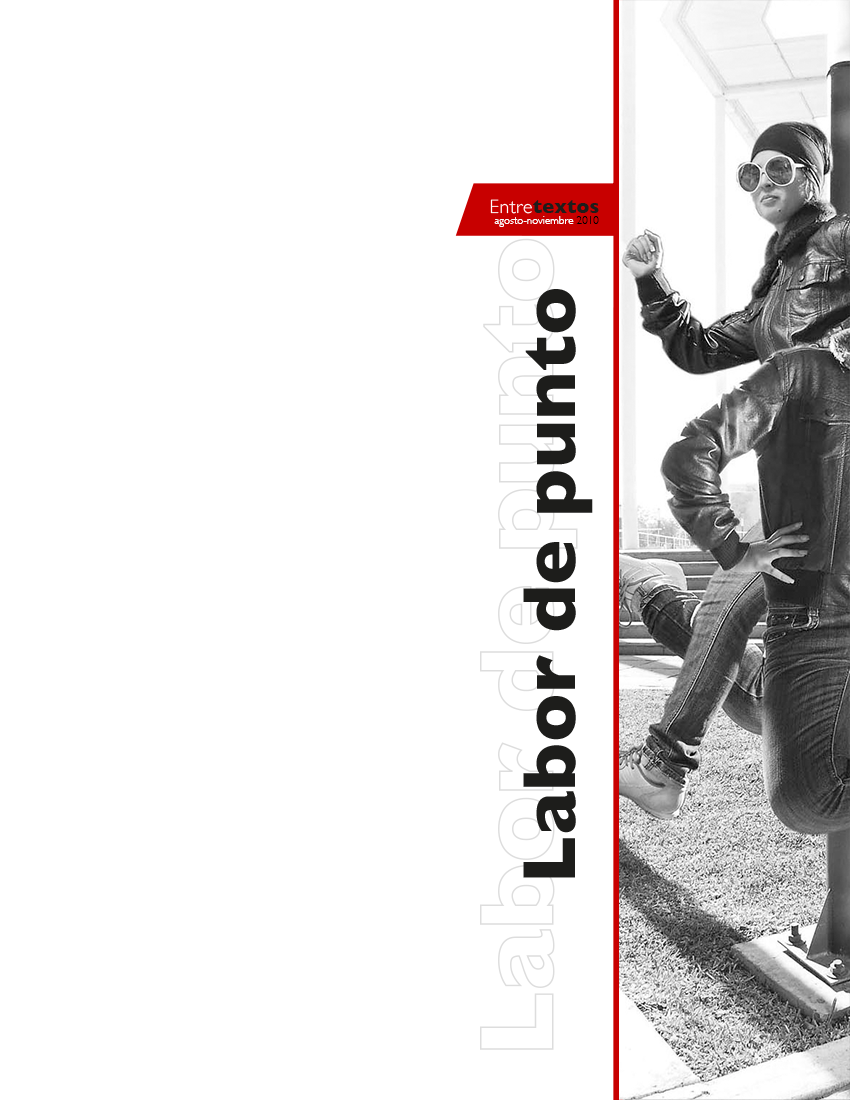Spaces and instruments for citizen participation
Scope and limitations
DOI:
https://doi.org/10.59057/iberoleon.20075316.20105715Keywords:
Latin America, citizen participation, political parties, government-society, political cultureAbstract
Participation, in its different conceptions, refers to considering the social and political conditions in which it is expressed; in this sense, in a context of authoritarianism or excessive centralization of decisions, participation -together with decentralization- is considered as a means for the democratization of institutional spaces and of the relations between society and governments. Therefore, when speaking of participation, it is essential to emphasize that it is not just any action produced individually or by social groups, but those aimed at decision-making, which, in order to be effective, implies, among other elements, the political will of the government and the intention of citizens to open spaces; a change in the conceptions, mentality and practices of both; appropriate mechanisms and instruments; access to information for all participants, and capacities such as knowing how to negotiate, being able to express and debate their points of view.
Downloads

Downloads
Published
How to Cite
Issue
Section
License
Copyright (c) 2010 Entretextos

This work is licensed under a Creative Commons Attribution-NonCommercial 4.0 International License.




